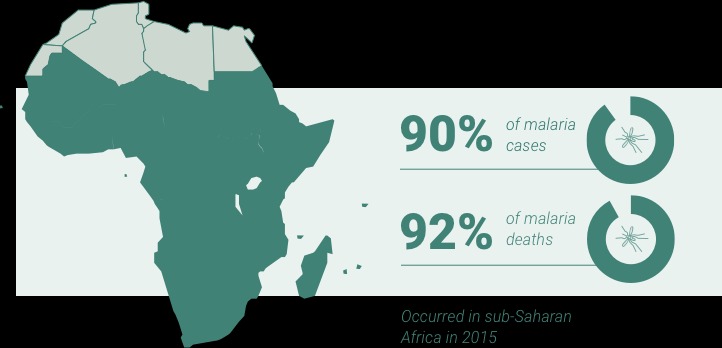
Malaria is a life-threatening disease caused by parasites. It is transmitted to humans through the bites of infected female mosquitoes. Malaria can be found in most tropical and subtropical climates. But Africa is the most affected for a number of reasons. In 2021, 619,000 people died of malaria worldwide. Most were young children in sub-Saharan Africa. However, there is hope. Two recently-approved vaccines may provide some protection against this deadly disease.

The Mosquirix vaccine was released in 2020. It was the first malaria vaccine approved by the World Health Organization (WHO). The vaccine targets the P. falciparum parasite. The deadly parasite is the cause of most malaria cases in Africa. In trials, a group of children under five was injected with three vaccine doses. They all received a booster a year later. The vaccine lowered the number of malaria cases by 40 percent.
The London School of Hygiene & Tropical Medicine (LSHTM) conducted another trial. In this case, the vaccine was combined with antimalarial medicine. It was also given during the rainy season when most malaria cases occur. The researchers reported that the vaccine reduced hospitalizations and deaths by 70 percent.

The Matrix-M vaccine was approved in late 2022. It also targets the P. falciparum parasite. However, it contains a chemical substance that stimulates the body’s immune response. This makes it more effective than Mosquirix. The initial trial involved 450 children, aged 5-17 months. The children received three doses, followed by a booster a year later. The study found that the vaccine reduced the number of malaria cases by 80 percent.
Both vaccines are currently undergoing more extensive trials. If all goes well, they will be rolled out across Africa by the end of 2023. Meanwhile, experts encourage residents to continue applying preventive measures. These include using mosquito nets while sleeping and draining standing pools of water near homes.
Resources: gavi.org, medicalnewstoday.com, harvard.edu
